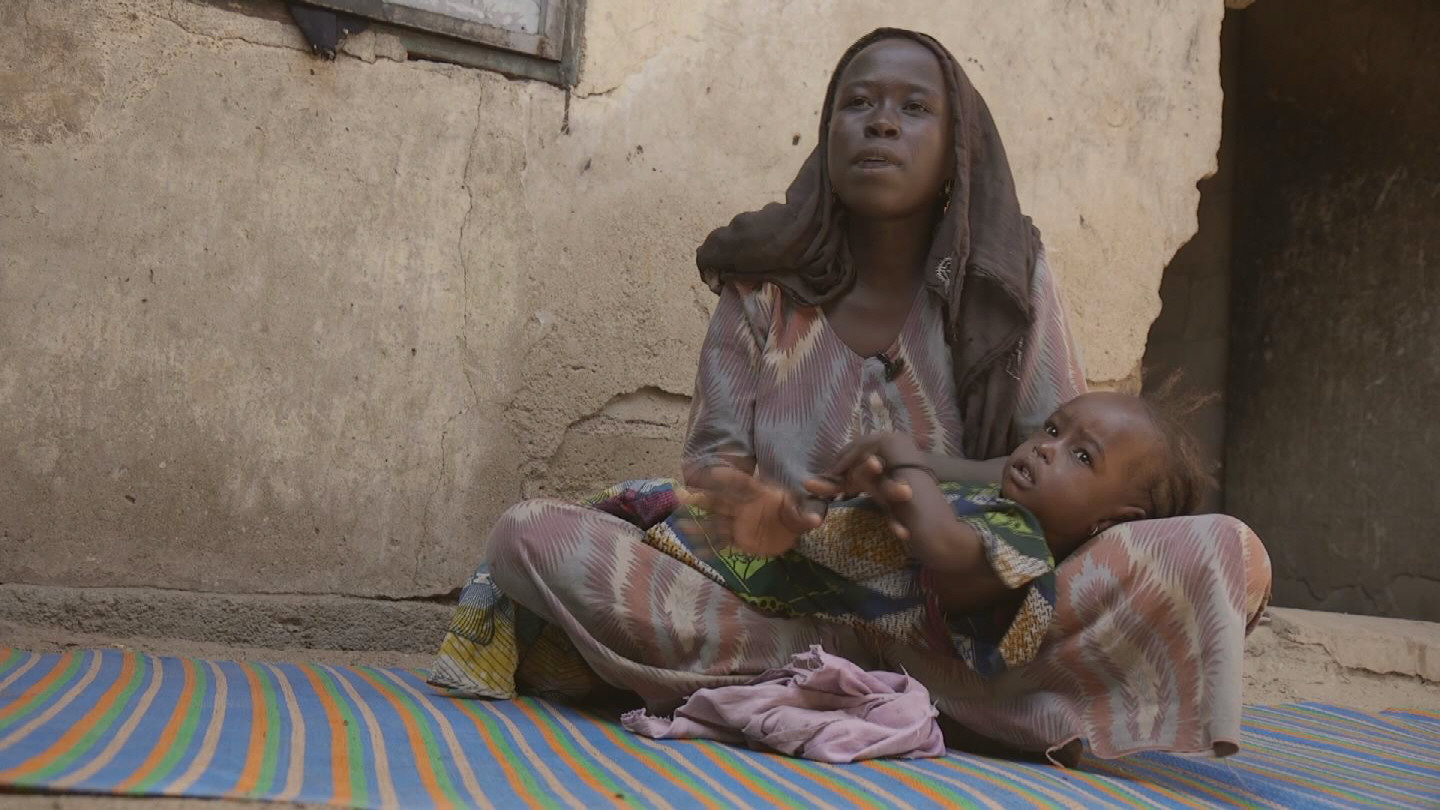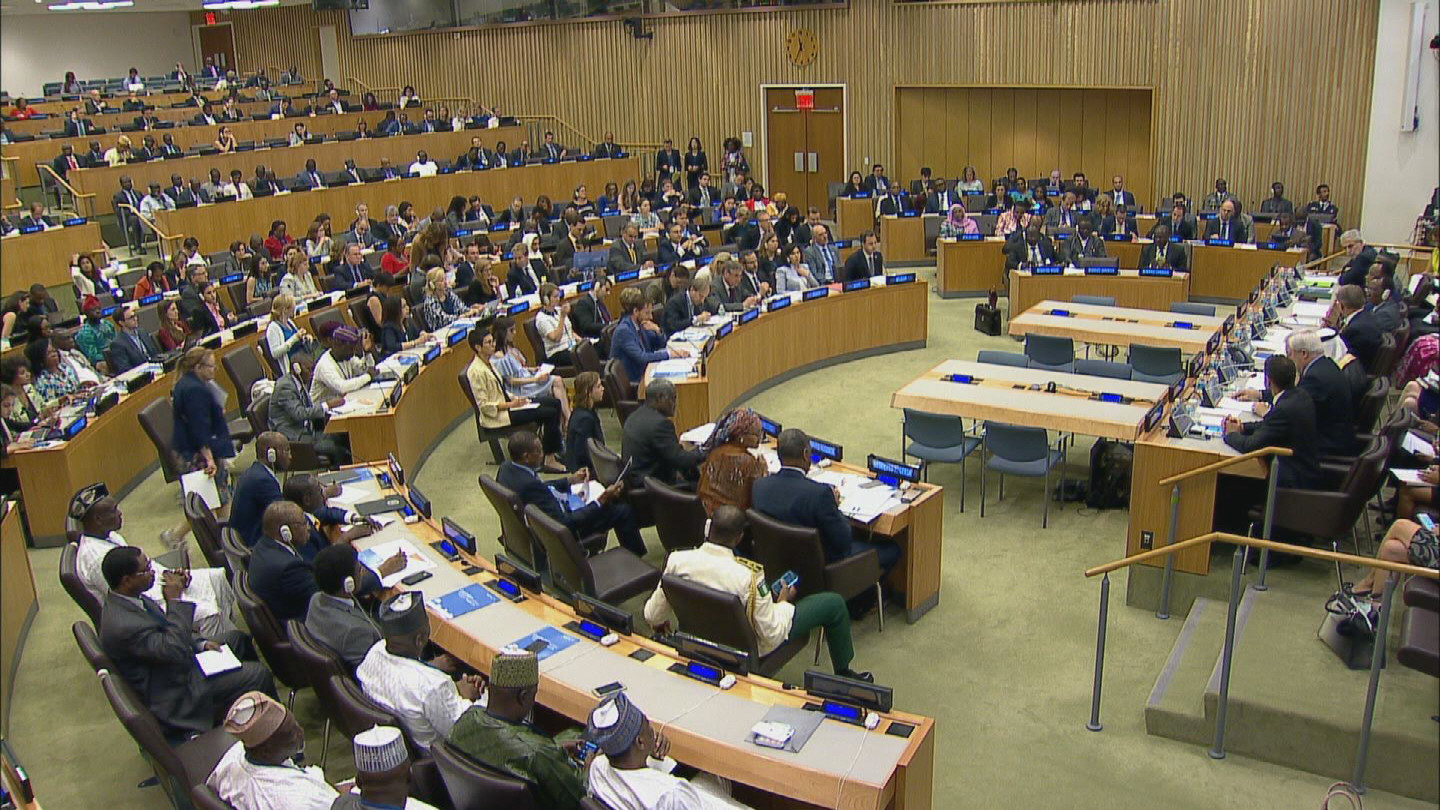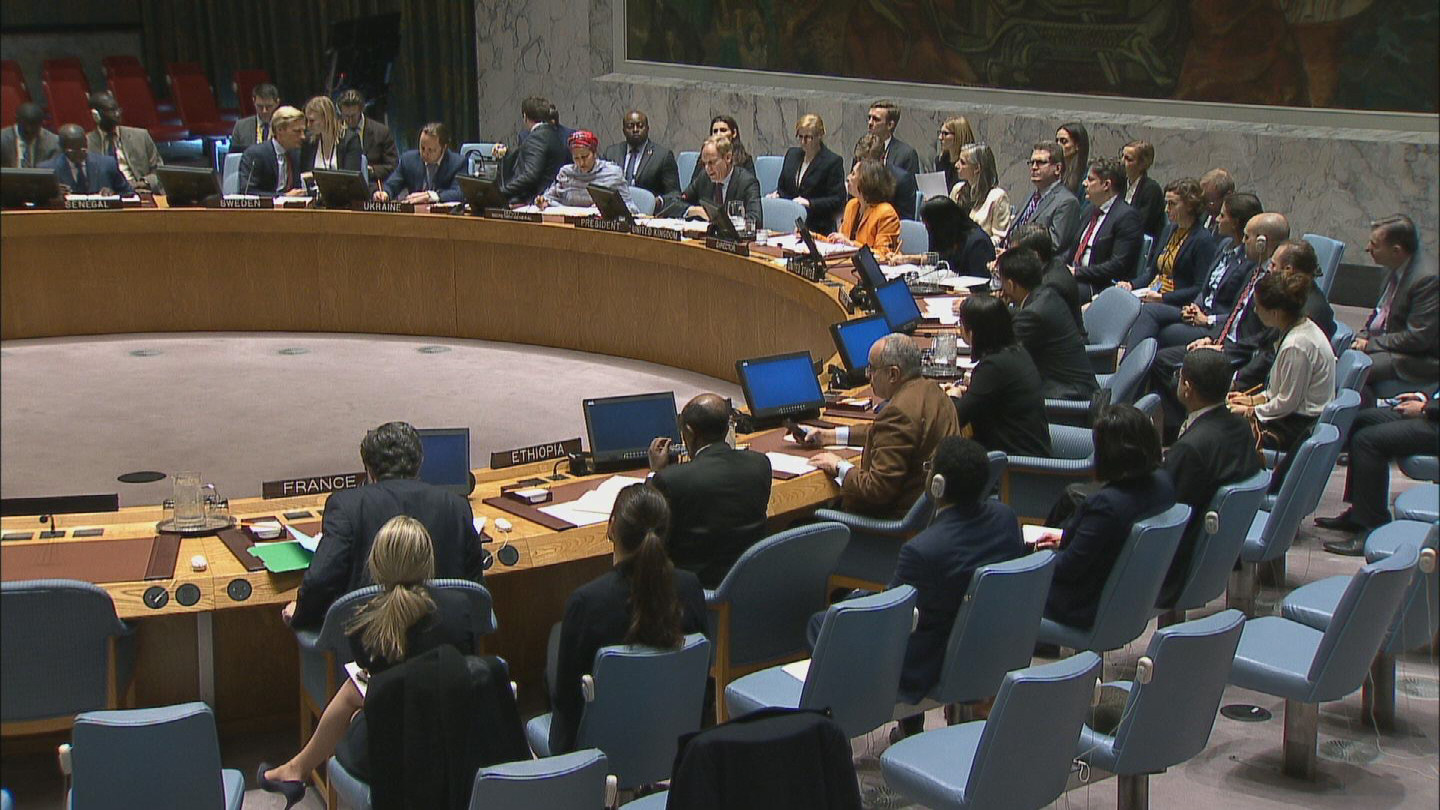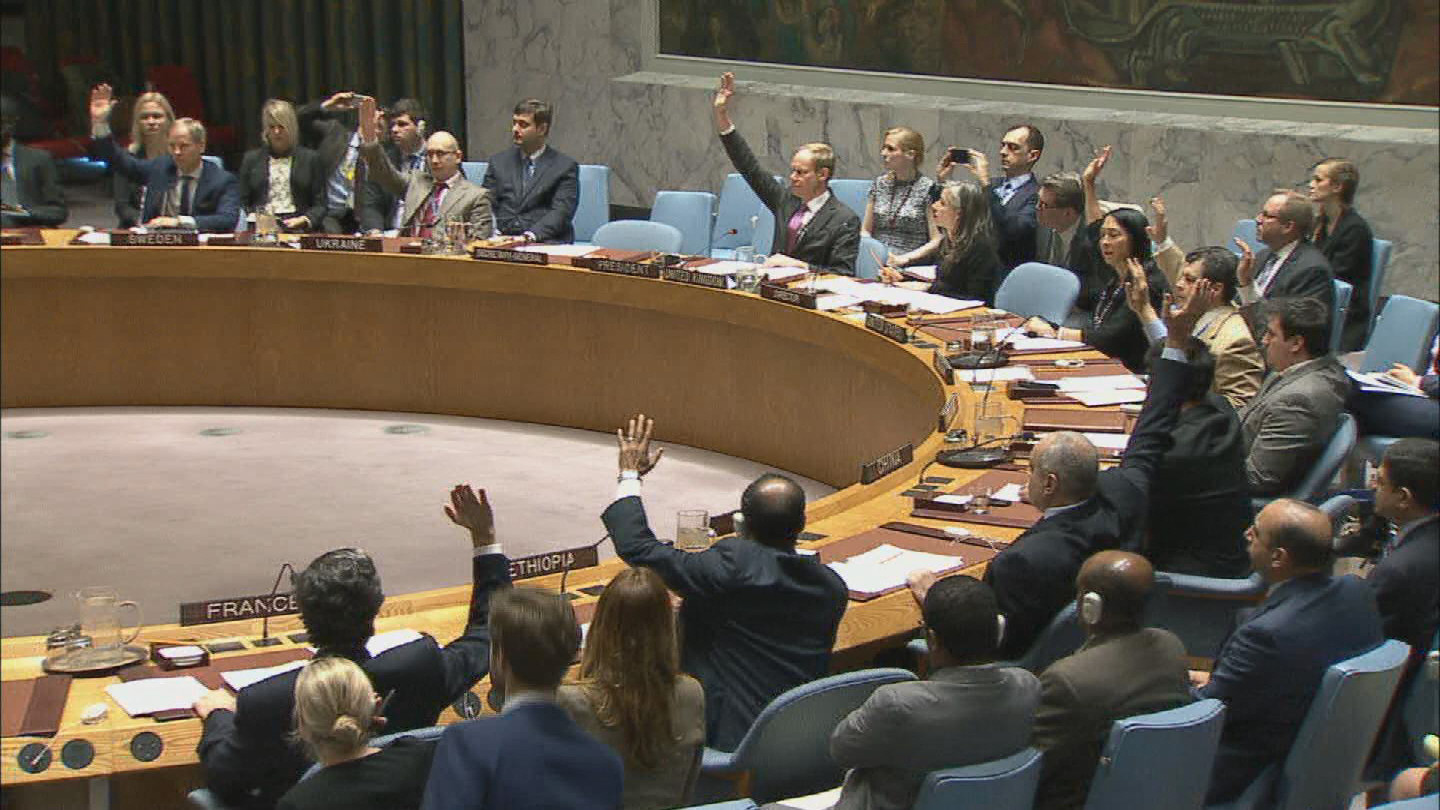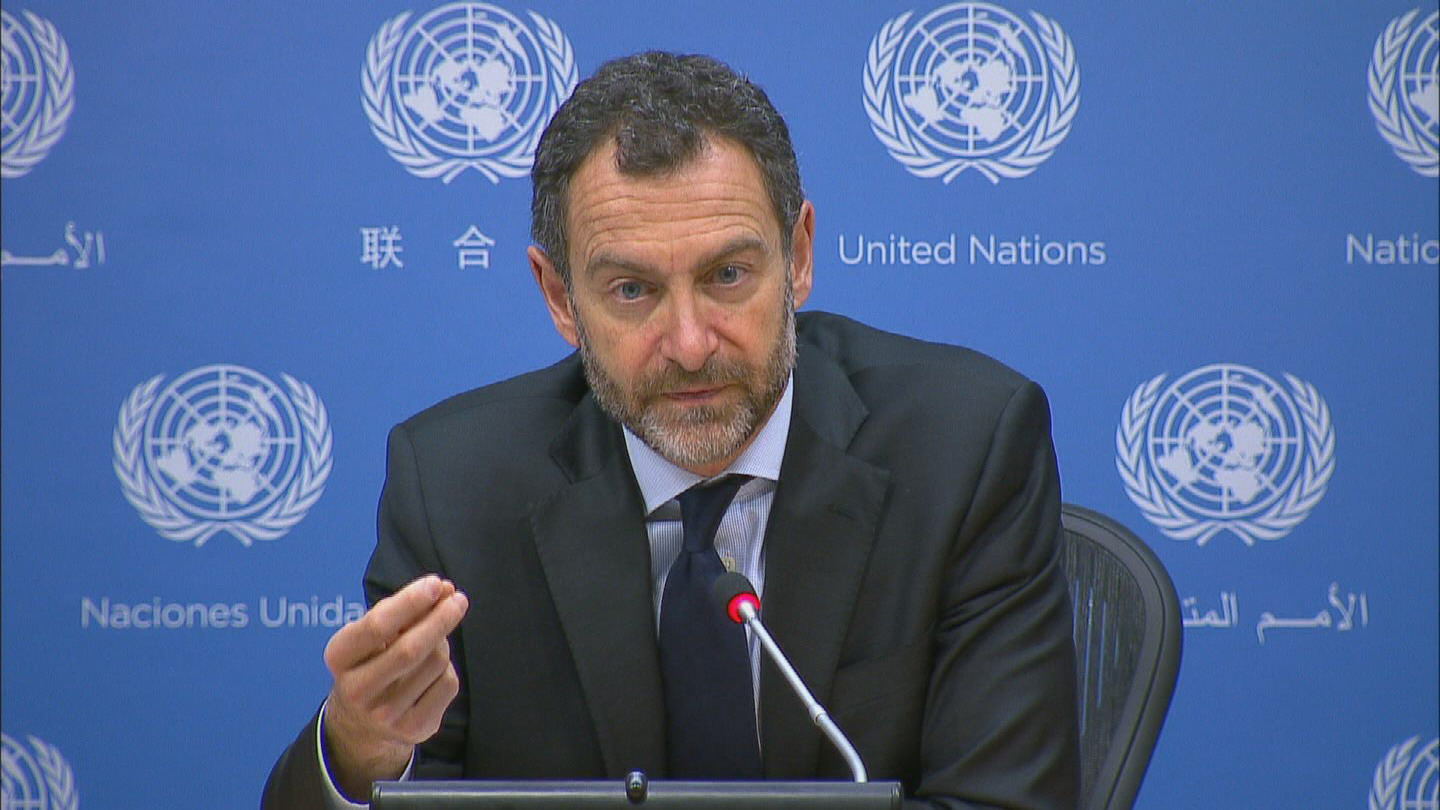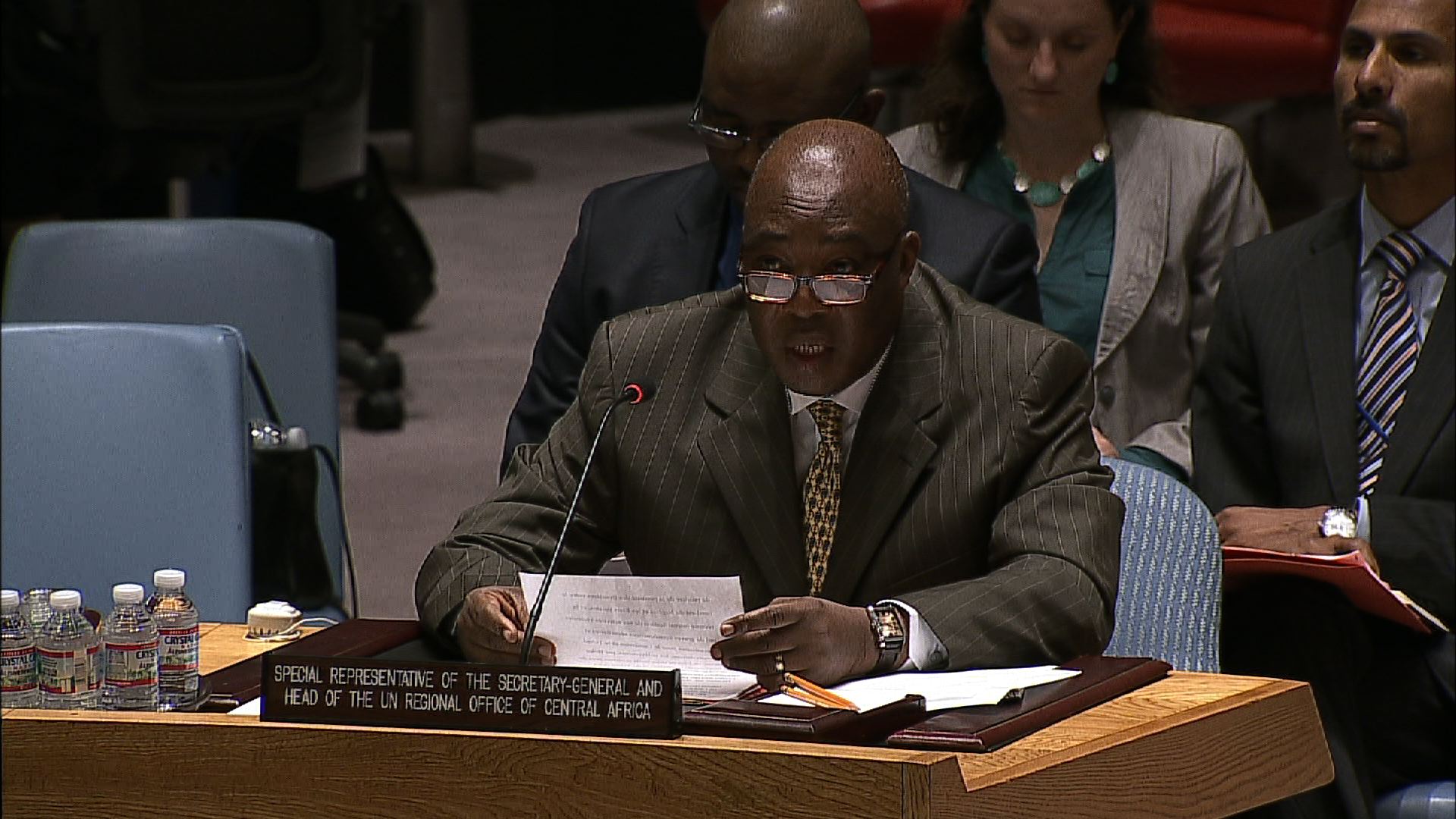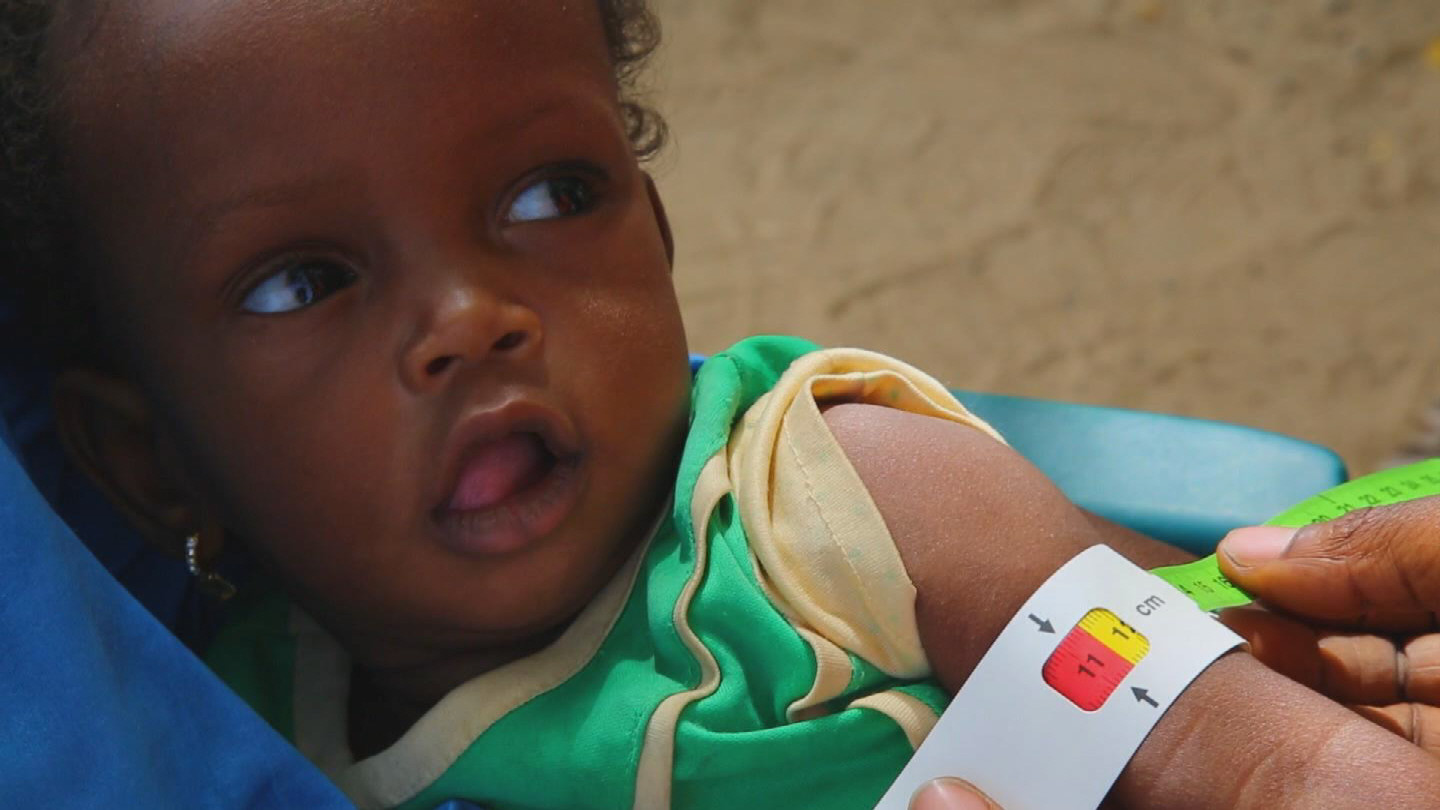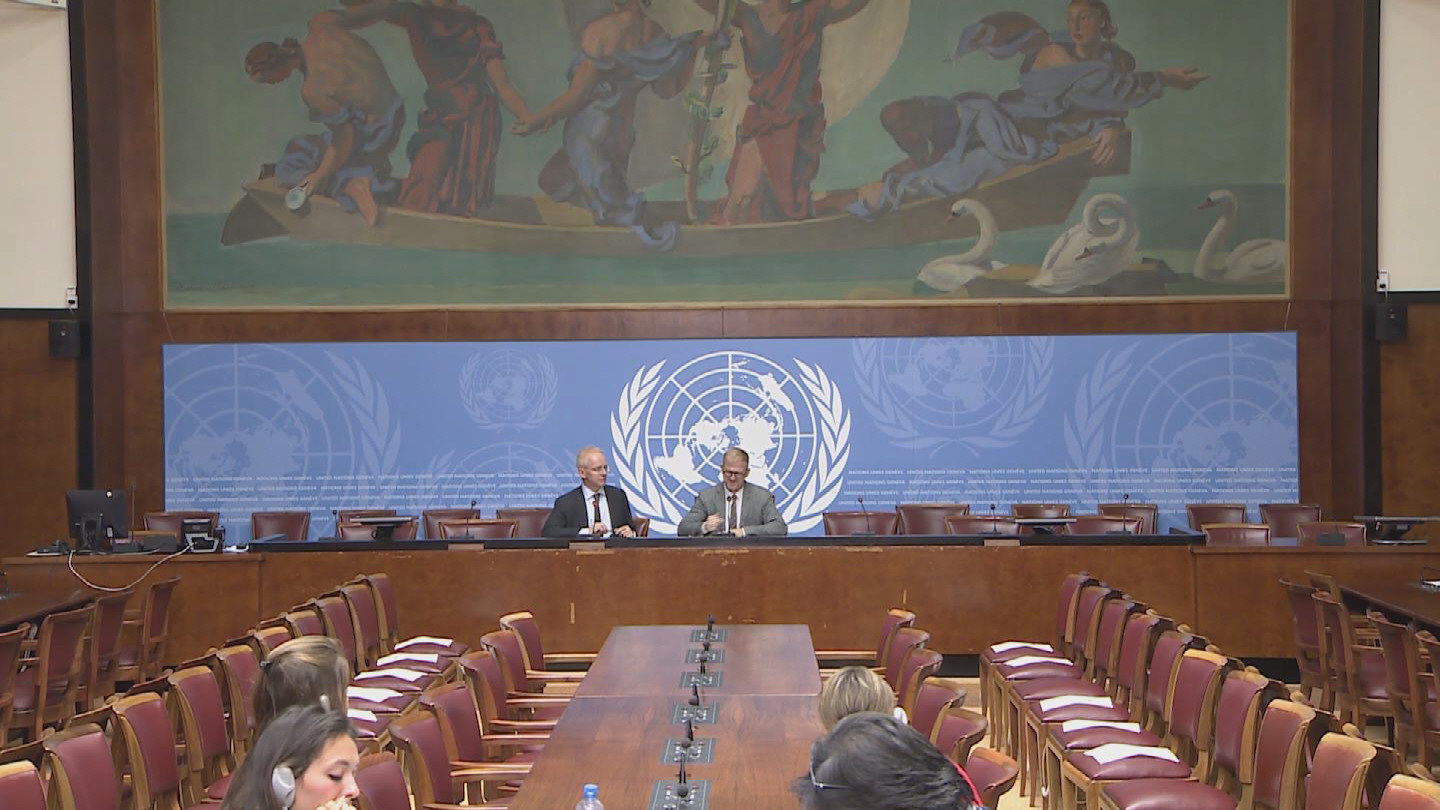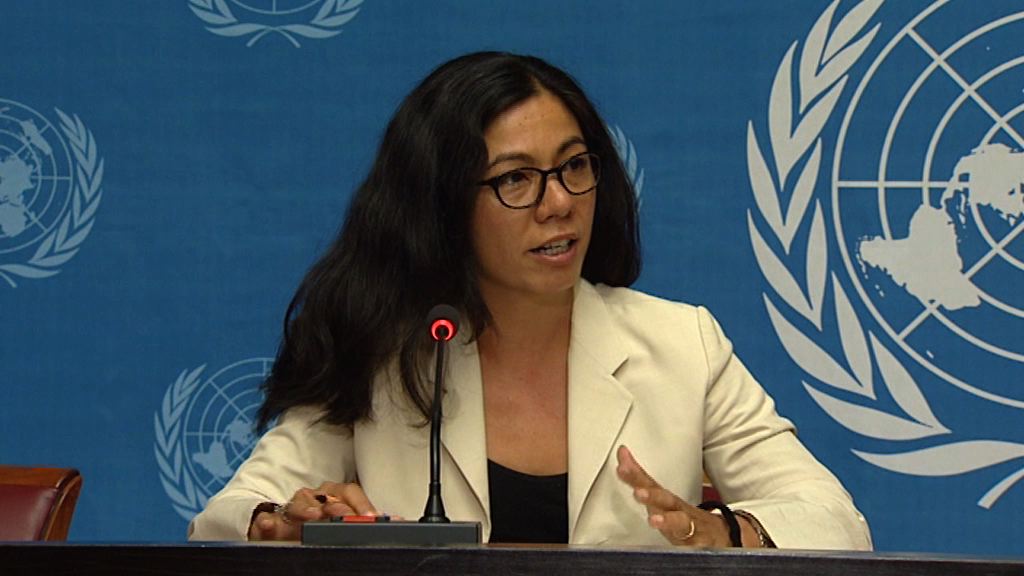WFP / BOKO HARAM NIGERIA CHAD
Download
There is no media available to download.
Share
STORY: WFP / BOKO HARAM NIGERIA CHAD
TRT: 02:30
SOURCE: WFP
RESTRICTIONS: NONE
LANGUAGE: ENGLISH / NATS
DATELINE: 05 APRIL 2017, ROME, ITALY / 21-30 MARCH 2017, NORTHEAST NIGERIA, CHAD
21 MARCH 2017, MARCH 2017
1. Aerial shot, Dikwa
2. Various shots, Baba Gana Mai Abba moving rubble from the burnt out remains of his home
22 MARCH 2017, MARCH 2017
3. SOUNDBITE (Kanuri) Baba Gana Mai Abba, Dikwa Resident:
“Boko Haram chased me from my home here, and I fled to a nearby village. When I came back I found that they had burned my house with everything in it.”
4. Various shots, Baba Gana Mai Abba at WFP food distribution site
5. Various shots, Baba Gana Mai Abba at home with children
05 APRIL 2017, ROME, ITALY
6. SOUNDBITE (English) Denise Brown, WFP Director of Emergencies:
“We are pushing back on famine-like conditions in Borno State where we have close to 2 million people who require immediate food assistance. Our major challenge right now across the four countries; northeast Nigeria, Chad, Cameroon and Niger, the first challenge is funding, in the next 4 – 6 weeks in northeast Nigeria we will completely run out of funds.”
27 MARCH 2017, LAKE CHAD, CHAD
7. Aerial shot, Lake Chad, near Bol, Chad. Shot:
28 MARCH 2017, NGARANGOU, CHAD
8. Various shots, mothers with being tested for malnutrition
28 MARCH 2017, YAKOUA, CHAD
9. Various shots, WFP Cash distribution operation
29 MARCH 2017, BOL, CHAD
10. Various shots, displaced family from Yakoua at Bol market, buying food with WFP cash, cooking at home
The prolonged humanitarian crisis in the wake of the Boko Haram insurgency has had a devastating impact on food and nutrition security in Northeast Nigeria, with 44,000 people facing famine-like conditions in Borno and Adamawa states.
This number is expected to rise during the lean season in the three states - Borno, Adamawa and Yobe - most affected by the crisis.
World Food Programme (WFP) Rapid Response Teams are being flown in by helicopter or by road in convoys to hard to reach areas to distribute food.
Dikwa resident and father of 12 Baba Gana Mai Abba was a driver. His house and belongings were taken by Boko Haram insurgents who burnt the house before leaving Dikwa following a military intervention.
Before receiving WFP assistance, he would go into the bush to collect firewood to sell.
SOUNDBITE (Kanuri) Baba Gana Mai Abba, Dikwa Resident:
“Boko Haram chased me from my home here, and I fled to a nearby village. When I came back I found that they had burned my house with everything in it.”
In northeastern Nigeria, some 4.7 million people face acute hunger in three states, likely rising to 5.2 million by June. Millions of people are likely to remain severely food insecure until October 2017. Some 1.9 million people there are also internally displaced (IDPs).
SOUNDBITE (English) Denise Brown, WFP Director of Emergencies:
“We are pushing back on famine-like conditions in Borno State where we have close to 2 million people who require immediate food assistance. Our major challenge right now across the four countries; northeast Nigeria, Chad, Cameroon and Niger, the first challenge is funding, in the next 4 – 6 weeks in northeast Nigeria we will completely run out of funds.”
Around 345 thousand people affected by Boko Haram violence are in need of humanitarian assistance in Chad.
WFP distributes cash in areas where markets are functioning enabling people to but a wider variety of fresh foods and helps the local economy.
Insecurity has prevented farmers from accessing their fields, leading to significantly below-average harvests in recent years — one factor pushing up this annual lean season to as early as May, instead of July. Although conditions have improved, insecurity is also the most significant impediment to humanitarian access to many hungry people
Nonetheless, deliveries of food and nutrition support have contributed to reducing deaths and the prevalence of acute malnutrition in some of the worst-affected areas. Scaling up of food assistance, including hard-to-reach areas, is helping to protect beneficiaries, in particular widows, girls and women who have been at risk of or experienced coercion, exploitation and abuse.
